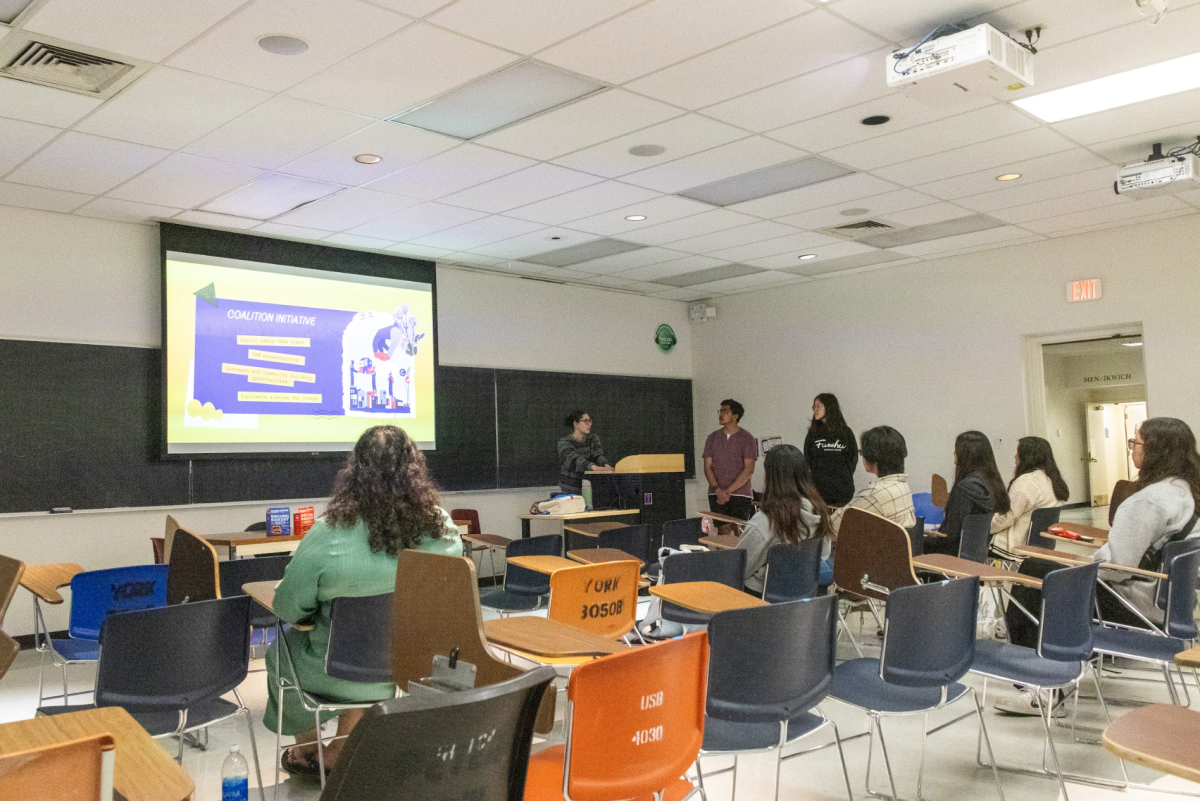An internal e-mail mistakenly leaked by the director of International House has received criticism from students who allege that the I-House administrators illegally use criteria such as race and citizenship in their admissions process.
On March 4, I-House Director Christi Gilhoi sent an e-mail to the entire I-House listserv with the subject line “Confidential — I-House Selection List.” The e-mail contained a spreadsheet with the personal information of 148 students who had applied to I-House in Fall Quarter 2009, including columns for factors such as “citizenship” and “cultural identity.”
A followup e-mail from Gilhoi asked recipients to permanently delete the e-mail without reading its contents, but the information was quickly circulated.
Elizabeth*, an Eleanor Roosevelt College junior who wished to remain anonymous, said the e-mail reveals a flawed admissions system in which citizenship and ethnicity are deciding factors.
“I definitely think people’s backgrounds have to do with whether or not [they] get in, because I know people who are one-eighth of some exotic race will write that because it will give them a better chance of getting in,” she said. “Students should not have to resort to white little lies to get in.”
She also said she found the scoring system to be arbitrary. When Elizabeth applied last year, she was placed on the wait list but eventually denied acceptance. Officials informed her she had not scored as high as other candidates, she said. However, according to the spreadsheet, students with much lower scores were accepted.
“There are people on that list who got in with average scores of 13 and13.5 when I got a 16.5 out of 18,” she said. “They lied to me.”
Elizabeth said admissions officials should take into account achievements on a global level, such as volunteer work and educational experiences abroad, instead of directly considering race.
John*, another student who declined to be named, created the e-mail account [email protected] to spread the word about the issue and the ways in which he believed the I-House Admittance Committee has violated both state and federal laws.
In an e-mail sent from the account to the I-House listserv, John claims the selection process violates the Civil Rights Act of 1964, specifically the Fair Housing Act provision.
According to the Fair Housing Act, it is illegal to base any housing-related transaction based on factors such as race, color, national origin, religion and sex.
Additionally, Title VI of the Civil Rights Act of 1964 prohibits discrimination on the basis of race, color or national origin in programs receiving financial assistance from the federal government.
International Group Affairs intern Jeremy McGrew — a member of Gilhoi’s staff — said it is outrageous that individuals like John are claiming racial discrimination occurs within an organization with the opposite mission.
“The whole point of this place is to create diversity and make it a blend of everyone from all over the world,” McGrew said. “How are we supposed to create an International House if we don’t know where the heck you are from? That is the only reason that line exists on the application.”
According to McGrew, it is optional to fill in one’s national origin and cultural identity on the application. He defended the I-House Admittance Committee’s system as “fair and diplomatic.”
“Anyone who is trying to criticize the setup of this, or how they run it, is trying to throw a wrench in something that’s moving very smoothly,” McGrew said. “We have a good setup, and good people, and good intentions.”
Eleanor Roosevelt College junior Pejman Moghbeli, a current I-House resident, said he disagreed with the decision to accept applicants with lower scores than those rejected, but understood why the staff would take cultural identity into consideration when facilitating an international community.
Elizabeth said she remains convinced that the issue extends beyond attempting to create diversity and expects I-House officials to provide a legitimate explanation for the e-mail.
“Right now, I just want some answers,” she said. “You can’t have any point system based on race and ethnicity.”
I-House Director Christi Gilhoi was unavailable for comment.
*Names have been changed.
Readers can contact Kelly Kim at [email protected].







